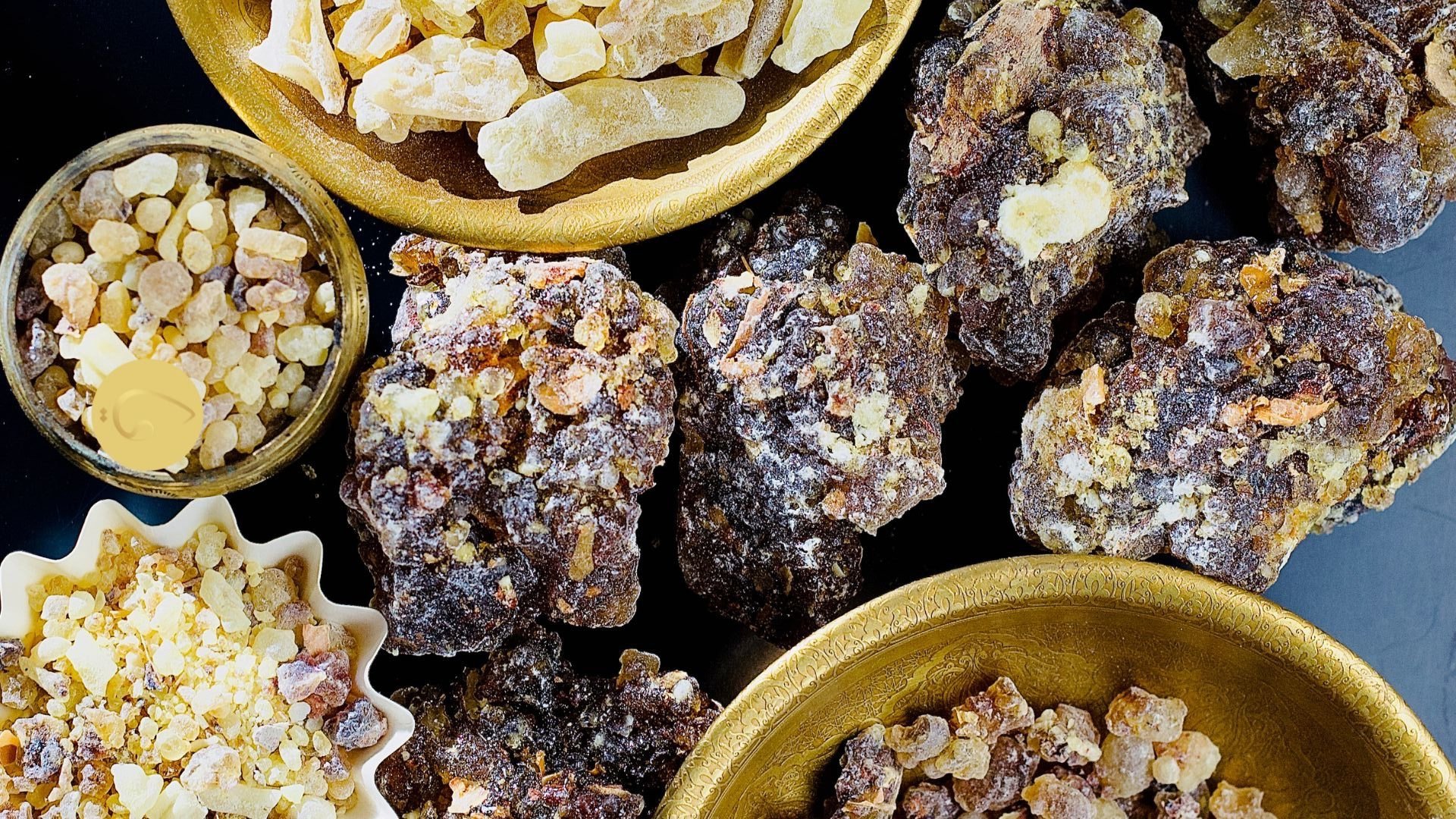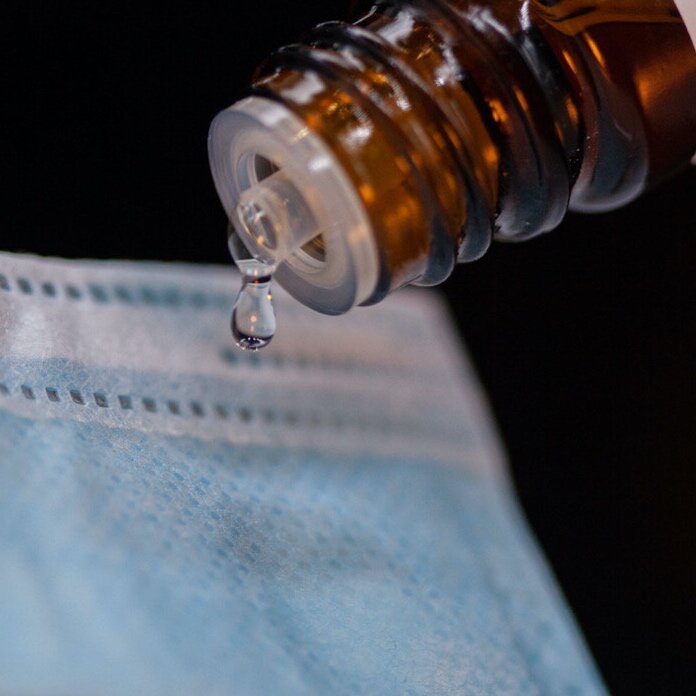Blog entries and aromatherapy topics including links for further reading
The Science of Scent: Aromatherapy Insights for Medical Professionals in Collaboration with Dr. Ewa Koźmińska-Badr
Dr Ewa Koźmińska-Badr, a distinguished figure in family medicine and phytotherapy in Poland, recently contacted me after reading an article I published on my website about the therapeutic use of aromatherapy for panic attacks. With over 15 years of experience in clinical practice and a profound interest in integrating natural treatment methods into her care approach, her expertise and dedication to holistic health align closely with my own values.
Frankincense: Where Ancient Wisdom Meets Scientific Validation
Welcome to the captivating world of frankincense, where ancient wisdom intertwines with scientific validation. This aromatic resin's remarkable healing properties have been cherished throughout history. From its rich cultural significance to potential anti-cancer effects, frankincense offers a harmonious blend of tradition and scientific research. A journey that bridges the past and the present, revealing the hidden treasures of frankincense for the body and mind.
Can a “Scent Test” detect a disease?
The sense of smell is linked to conditions like Alzheimer's, making early detection crucial. Yatlina aromatherapy can help by stimulating olfactory senses, improving cognitive function, and reducing stress. Aromatherapy products can maintain olfactory abilities and potentially slow neurological issues.
The link between rosemary and memory
Rosemary has been known as a "memory herb" since ancient times. Scholars would often wear rosemary wreaths while studying for exams. This reputation has persisted over the centuries, with rosemary used in traditional medicine to treat various cognitive issues. Research shows that essential rosemary oil can help with cognitive performance and memory in older adults, especially perimenopausal women.
Ultra sonic versus Ultra Nebuliser, what is the difference between the diffuser technology
Ultrasonic diffusion, which dilutes the essential oils in water to disperse an ultra-fine mist over long periods. while the patent technology of ultra nebulisation directly accesses the essential oil without added water to produce a fine mist that scents your space intermittently over several hours.
Aromatherapy Safety Chat
This is the first episode of Lauryn Jean Johnston’s new podcast and I was honoured to talk to her about my brand, my journey and how I came up with the idea of Mask Drops, my award winning aromatherapy blend for use with face masks.
We chat about my product development as well as topics like essential oil safety and whether its safe to use essential oils on your skin and mask directly.
I also mention some products I am currently developing and researching as well as two of my current favourite oils that I can’t seem to get enough of!
What is the “Proust Effect”
It is a term used to demonstrate that a memory attached to a smell is usually much stronger and more evocative than one without. They are “involuntary autobiographical memories” that can be triggered by cues in everyday life.
4 Reasons why you should not add essential oils to your mask
While undoubtedly some of the most powerful and multi useful ingredients out there, I advise against using pure essential oils on your mask.









